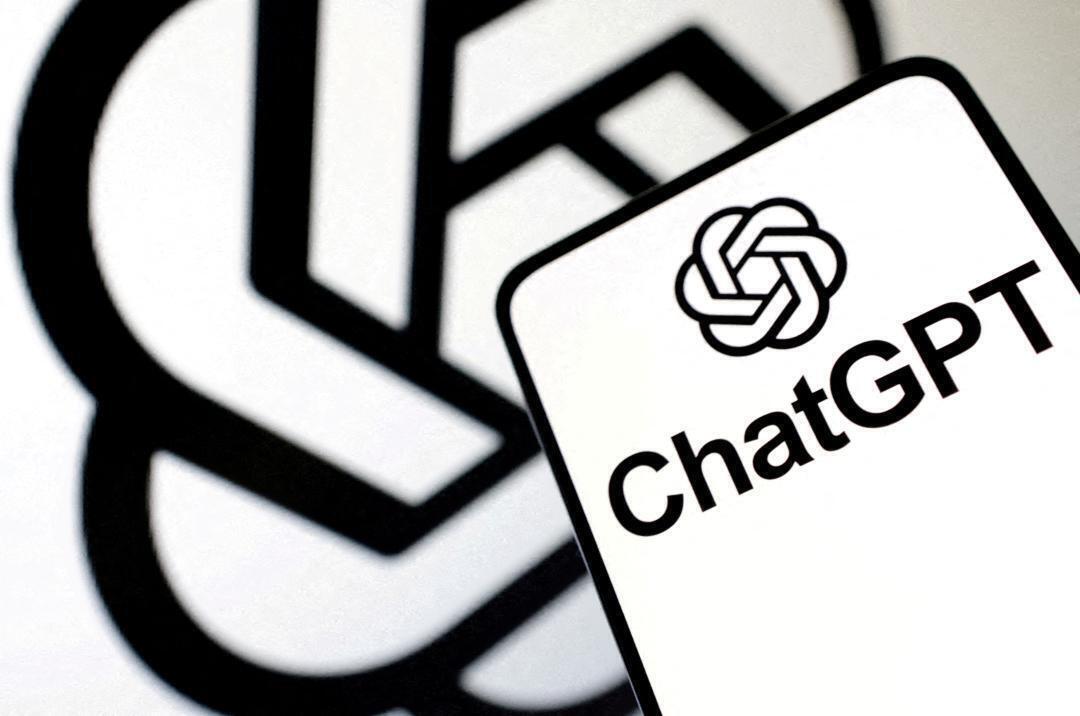
I gave ChatGPT salary details & it fixed my finances, says man
In today’s digital age, technology has revolutionized the way we live and interact with each other. From social media to virtual assistants, AI-powered tools have become an integral part of our daily lives. Recently, a US-based author and entrepreneur, Adrian Brambila, shared his astonishing experience with ChatGPT, a popular AI chatbot, which helped him achieve financial clarity and stability.
In an interview, Brambila revealed that he gave ChatGPT his salary details and was amazed by the results. According to him, the chatbot created a zero-based budget based on the 50/30/20 rule, which he described as “total clarity over my money.” This experience has left many wondering if ChatGPT can indeed be a game-changer when it comes to managing personal finances.
For the uninitiated, the 50/30/20 rule is a simple yet effective framework for allocating one’s income. The idea is to divide your income into three categories: 50% for necessary expenses like rent, utilities, and groceries; 30% for discretionary spending like entertainment, hobbies, and travel; and 20% for saving and debt repayment. This rule is designed to promote financial stability and help individuals achieve their long-term goals.
So, how did ChatGPT help Brambila achieve financial clarity? The author explained that he simply provided the chatbot with his salary details and received a comprehensive breakdown of his income and expenses. ChatGPT then created a personalized budget based on the 50/30/20 rule, which Brambila found surprisingly effective.
“I didn’t need to use spreadsheets or budgeting apps,” Brambila said. “I didn’t need to pay a $400 financial advisor. Just 7 prompts—and total clarity over my money.”
Brambila’s experience with ChatGPT is not an isolated incident. The chatbot has gained popularity in recent months, with many users reporting positive results in various areas, including finance, writing, and even language translation.
So, what makes ChatGPT so effective in managing personal finances? For one, the chatbot is incredibly user-friendly. Users can simply type in their income and expenses, and ChatGPT will generate a comprehensive budget based on their input. This eliminates the need for complex spreadsheets or budgeting apps, making it accessible to individuals of all ages and financial backgrounds.
Another advantage of ChatGPT is its ability to provide personalized recommendations. Unlike traditional budgeting methods, which often rely on generic formulas and percentages, ChatGPT takes into account an individual’s unique financial situation and goals. This means that users can receive tailored advice on how to allocate their income, making it easier to achieve financial stability.
Finally, ChatGPT’s ability to create a zero-based budget based on the 50/30/20 rule is a major advantage. This approach ensures that every dollar is accounted for, eliminating the need for budgeting and reducing the risk of overspending. By allocating 50% of one’s income towards necessary expenses, 30% towards discretionary spending, and 20% towards saving and debt repayment, individuals can achieve a sense of financial security and clarity.
In conclusion, Adrian Brambila’s experience with ChatGPT is a testament to the power of AI in personal finance. By providing the chatbot with his salary details and receiving a personalized budget based on the 50/30/20 rule, Brambila was able to achieve financial clarity and stability.
For individuals looking to take control of their finances, ChatGPT is definitely worth exploring. With its user-friendly interface, personalized recommendations, and zero-based budgeting approach, this AI chatbot has the potential to revolutionize the way we manage our money.






